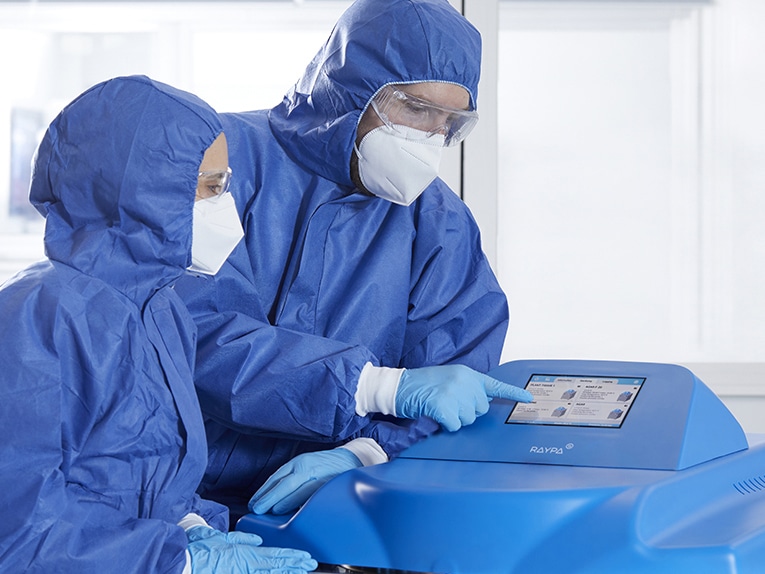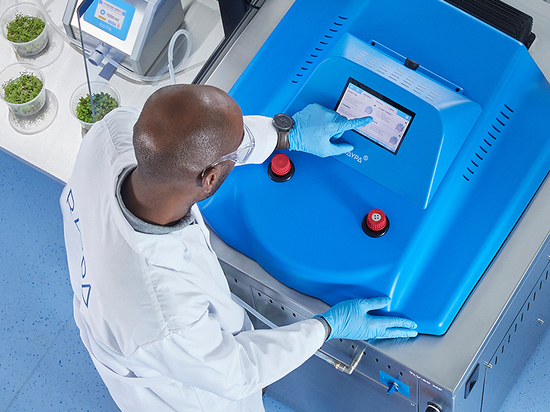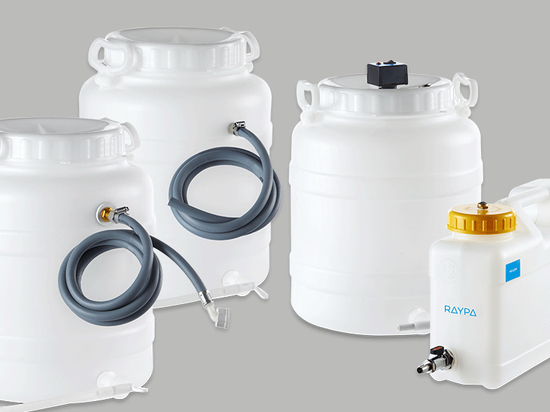
#Industry News
The Importance of Autoclave Validation in the FDA Regulatory Framework
Validation ensures that autoclaves operate effectively and safely, complying with international regulations and standards
Validating an autoclave involves verifying that it functions correctly, providing a consistent and reliable level of sterilization. This is a fundamental procedure to maintain the quality and safety of pharmaceutical products and medical devices, ensuring the elimination or inactivation of pathogenic microorganisms and spores. Moreover, validation provides documentation and data that support compliance with regulatory requirements.
Within the context of the United States, validation acquires particular importance in meeting FDA (Food and Drug Administration) standards. The FDA establishes three main stages in validation: process design, process qualification, and steam penetration test. These stages aim to ensure optimal design for manufacturing and reproducible, safe operation of the equipment.
The validation process includes several critical stages, proposed by the FDA - Installation Qualification (IQ), Operational Qualification (OQ), and Performance Qualification (PQ) - along with thermodynamic and microbiological analyses.
IQ involves verifying whether the autoclave meets the manufacturer's specifications. It is the preliminary step for carrying out a successful operational qualification. It includes maintenance, cleaning, and calibration procedures, usually known as Standard Operating Procedures (SOPs).
OQ is an essential step during the development of a defined sterilization process. It consists of a series of tests to confirm that the autoclave operates within established limits consistently, guaranteeing uniform results. Any deviations are analyzed and corrected by specialized engineers.
The final stage, PQ, verifies that the autoclave operates consistently and reproducibly under real production conditions. PQ tests include simulations of actual production, using the same materials and procedures employed in daily production. As with OQ, any deviations are investigated and corrected.
Overall, autoclave validation is a key component in ensuring the quality of pharmaceutical products, and plays a fundamental role in the protection of public health.







